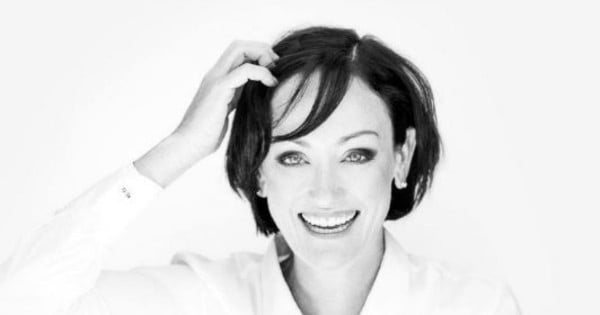
Sometimes the smallest thing can trigger a profound realisation in you that propels your life in a certain direction or becomes a core truth in the way you live your life. Other times, profound changes are driven by a life-changing event. For me, it was a bit of both. One was an encounter with a client early in my career. The other when I was 13 years old and my father suddenly died.
Both of these events continue to have a profound influence on my life and drive my ambition to share the truth that anyone can use money as an enabler to living the life they want. I have very clear memories of the first few years after my father died. I didn’t really know what was going on in the background, because I was a child, but I did know that our family life changed dramatically. We never had a lot of money up to then, but afterwards we really had nothing.
It’s no surprise to me now that our family experienced financial hardship after my father’s death. I guess we weren’t your typical Aussie family in the first place. My mother was a foster carer, so our home was constantly full of loud, screaming kids who’d experienced an unfortunate set of circumstances leading them to our home. On top of this, my mother had 4 of her own children, me being the baby.

